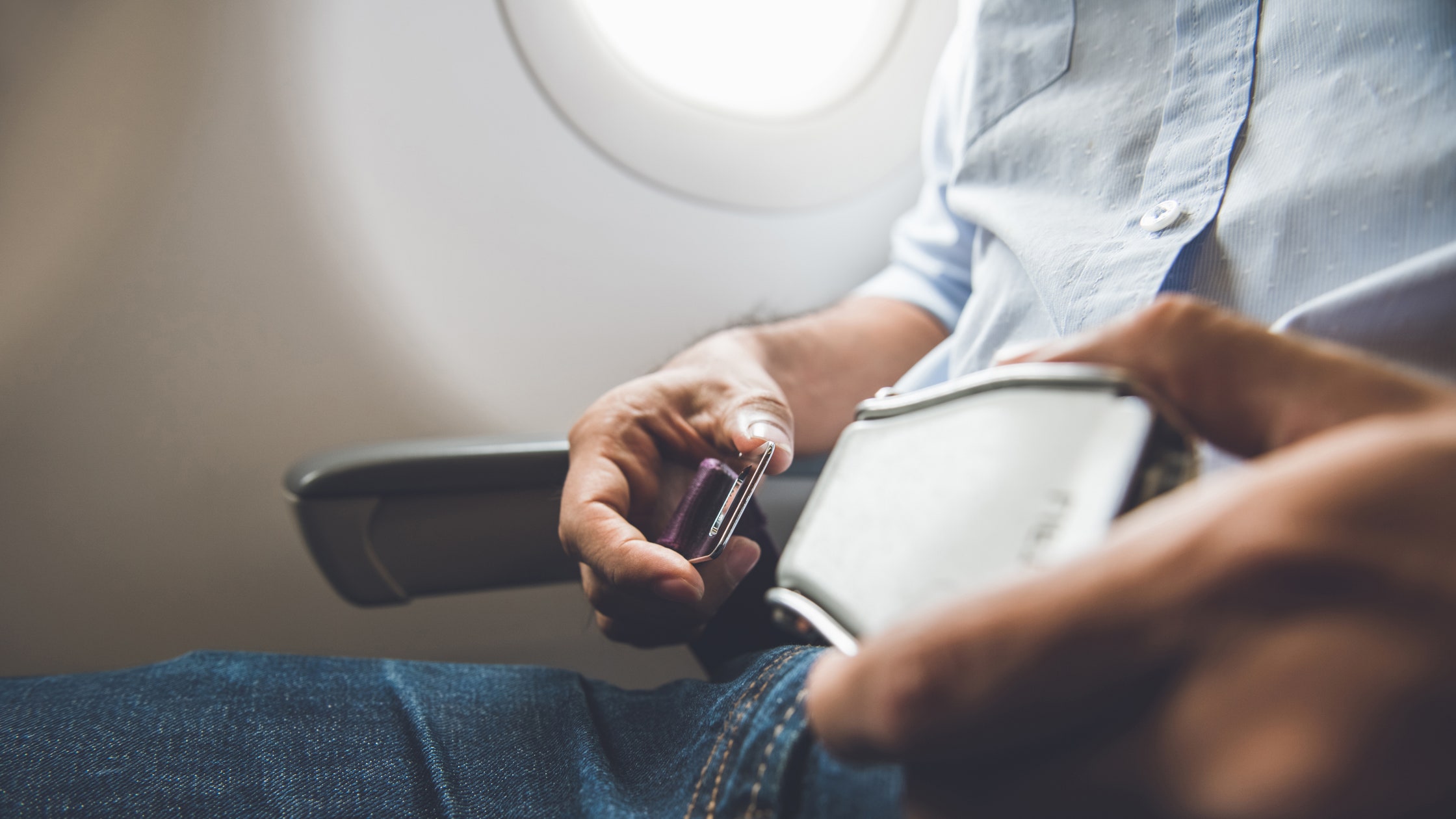Managing Bloating While Flying
Feeling gross on a plane is a common experience. Many individuals encounter stress or anxiety when traveling, often leading to issues like greasy hair, tired skin, and, notably, post-flight bloating. Bloating, characterized by a full and uncomfortable tummy, typically includes symptoms such as pain, discomfort, rumbling noises, and a larger stomach size. Understanding the causes and remedies for bloating during flights can enhance your travel experience.
Do I Bloat More on a Plane? Why Does This Happen?
“Yes, absolutely people can feel more bloated on a plane,” explains Dr. Jo Woodhurst, head of nutrition. According to her, there are two primary causes of bloating during flights: bloating due to gas or inflammation in the gut, and bloating due to water retention.
The first cause is largely linked to air pressure changes as the plane ascends. “When you’re traveling at 40,000 feet, the air pressure in the cabin is much lower than what your body experiences at ground level,” Jo elaborates. “As air pressure decreases, gases expand within the gut, leading to discomfort.”
Water retention is the second cause and relates more broadly to bodily functions rather than just flying. “It occurs due to how the blood circulates and the body’s ability to eliminate water,” she adds.
Foods and Drinks to Avoid to Minimize Bloating
Several food and drink choices can exacerbate bloating. “It’s crucial to identify which foods trigger your bloating, such as wheat, dairy, or cruciferous vegetables, and avoid these before flying,” advises Jo.
- Avoid high-fiber foods like beans, pulses, and spices that some individuals find difficult to digest.
- Steer clear of artificial sweeteners and carbonated beverages, as these are known culprits for bloating.
- Refrain from chewing gum, which can contribute to swallowing air and increasing bloating.
Foods and Drinks to Consume for Relieving Bloating
Drinking plenty of water and opting for smaller, more frequent meals rather than large servings can significantly ease bloating. Research suggests that probiotics might help in reducing bloating and other discomforts. You can find sources of probiotics in foods like yogurt, kimchi, and kombucha.
For water retention, minerals such as magnesium are beneficial. Consuming magnesium-rich snacks, including nuts and dark chocolate, may help, along with electrolytes that support hydration and digestion during flights. Adding fruits like blueberries can also assist in reducing the risk of constipation and digestive issues.
What to Do if You Experience Bloating During a Flight
Experiencing bloating on a plane can be particularly uncomfortable, especially given the confines of the cabin. While typically helpful strategies might be limited during a flight, there are still actions you can take to alleviate symptoms.
- Consider digestive bitters, enzymes, probiotics, and vitamin C to combat in-flight bloating.
- Walking up and down the aisle can stimulate circulation, helping to reduce bloating.
Many passengers, like airline food enthusiasts, find that skipping in-flight meals may help. Opting for a meal at the airport before boarding and packing nutritious snacks can be beneficial. Fresh foods with high water content, like cucumbers and watermelon, will assist in hydration.
For those looking for natural remedies, a ginger shot may prove effective. Ginger is known to aid digestion and reduce inflammation. Moreover, drinking herbal teas such as dandelion, ginger, or peppermint can provide additional comfort.




